The latest draft of the Law on Special Consumption Tax has been amended to propose adding soft drinks according to Vietnamese Standards (TCVN) with sugar content above 5g/100 ml to the list of subjects subject to special consumption tax (SCT) with a tax rate of 8% in 2027 and 10% from 2028. This shows that the drafting agency has somewhat considered and listened to the comments of experts and industry associations...
However, many National Assembly deputies are still concerned that there is not enough scientific and practical basis and comprehensive assessment to confirm that sugary soft drinks are the main cause of obesity and diabetes; and there is also no solid basis to show that taxation will effectively control this situation.
According to the World Health Organization (WHO) and the Ministry of Health (Decision 2892/QD-BYT, dated October 22, 2022), overweight and obesity are caused by many factors such as: unhealthy diet (high in protein, sugar, fat, low in fiber), lack of exercise, genetic and endocrine factors. Some studies also show that overweight and obesity are related to sedentary time, age, education level and living environment.
A survey of schools in Vietnam shows that there is no direct link between soft drink consumption and overweight and obesity. For example, in 2018, the rate of overweight and obesity in urban students was 41.9%, much higher than in rural areas (17.8%), while the rate of regular soft drink consumption in urban areas was lower (16.1% compared to 21.6%).
In contrast, lack of physical activity and prolonged sedentary time were identified as clear causes. Urban children – the group with the highest rates of overweight and obesity – were also the least active.
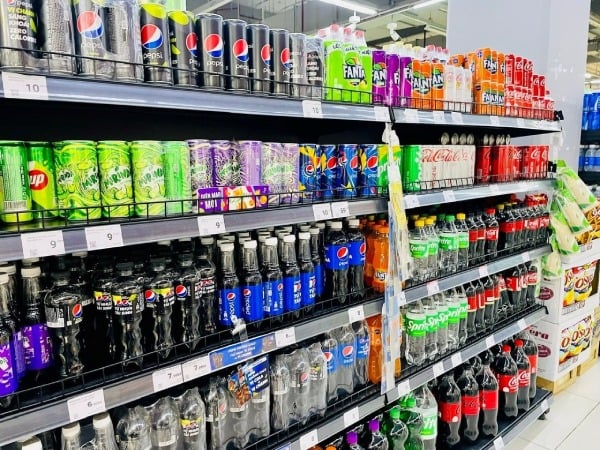
There are still many concerns because there is not enough scientific basis, practice, and comprehensive assessment to confirm that sugary soft drinks are the main cause of obesity.
At the 9th Session, the National Assembly's Discussion session on the Draft Law on Special Consumption Tax (amended) recently, delegate Pham Van Hoa ( Dong Thap delegation) expressed concern that there is not enough scientific basis to prove that sugary soft drinks cause obesity because this disease has many different causes as well as the fact that sugar is present in many other products, not just sugary soft drinks. Other products mentioned by the delegate include milk tea, other pre-mixed sugary drinks sold widely on the streets...
Therefore, delegates suggested considering it appropriately, ensuring fairness with other sugary products and at the same time considering applying 5% starting from 2028 onwards.
Similarly, delegate Nguyen Thi Thu Dung (Thai Binh delegation) was also very concerned about the lack of solid scientific basis to confirm that sugary soft drinks are the main and only cause of overweight and obesity.
"There is currently no solid scientific basis to attribute soft drinks as the sole culprit leading to overweight," said the delegate from Thai Binh, citing a 2023 study by the Institute for Economic and Policy Research showing that students in urban areas have higher obesity rates but consume less soft drinks than students in rural areas. Therefore, this needs to be studied more carefully and cautiously.
In addition, Ms. Dung warned that if we only focus on taxing soft drinks, people may switch to uncontrolled drinks such as milk tea, street juice or ready-made coffee, which are not subject to tax but contain high amounts of sugar and are unsafe.
Mr. Hoang Thanh Tung - Chairman of the Law and Justice Committee of the National Assembly said: "If we have sufficient scientific basis to say that the use of sugary drinks is harmful to health, then I support the tax. But the problem is that opinions are still very different because this is a matter of science, not a matter of regulation. The case of taxing makes it very clear and explains very clearly to the National Assembly the scientific basis for determining that sugary drinks are harmful, and that strict control and restriction of consumption are needed, so we must impose a special consumption tax. This needs to be explained."
From the association's perspective, Mr. Nguyen Van Viet - Chairman of the Vietnam Beer - Alcohol - Beverage Association (VBA) said that imposing special consumption tax on sugary soft drinks does not bring about clear results in preventing overweight and obesity, and may even have the opposite effect.
Citing international practice, Mr. Viet said that some countries still recorded an increase in obesity rates after applying the excise tax. In Chile, after the tax was imposed in 2014, the obesity rate among men increased from 19.2% (2009–2010) to 30.3% (2016–2017); among women, it increased from 30.7% to 38.4%. Similarly, Belgium imposed the tax in 2016, but the obesity rate among men increased from 13.9% (2014) to 17.2% (2019); among women, it increased from 14.2% to 15.6%.
Mexico is also a typical example: after the tax was imposed in 2014, the obesity rate among men increased from 26.8% (2012) to 30.5% (2019); among women, it increased from 37.5% to 40.2%. In France alone, according to a 2014 report by the European Commission, the tax increased the price of soft drinks by 5% but consumption only decreased slightly by 3.3%.
According to Mr. Viet, the above figures show that using taxes to control the consumption of sugary soft drinks is not really effective, if not counterproductive in some cases. A multi-dimensional perspective based on science is needed when applying special consumption tax on sugary soft drinks.
Source: https://doanhnghiepvn.vn/kinh-te/chinh-sach/can-goc-nhin-da-chieu-tren-co-so-khoa-hoc-khi-ap-thue-nuoc-giai-khat-co-duong/20250610104010381








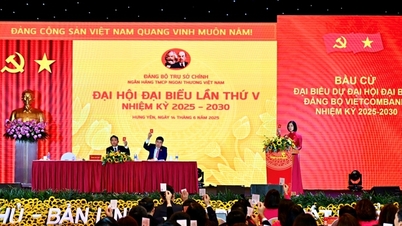


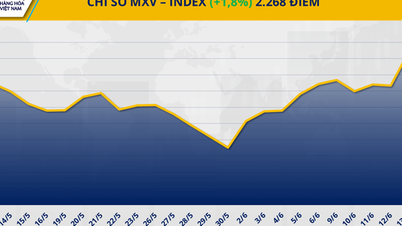
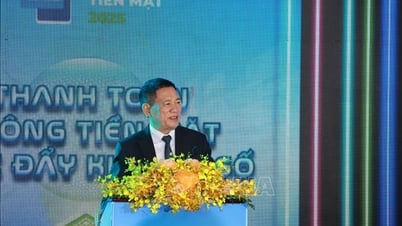
























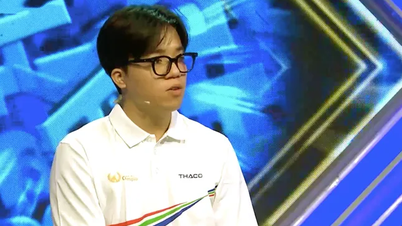























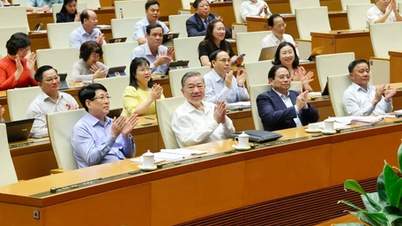





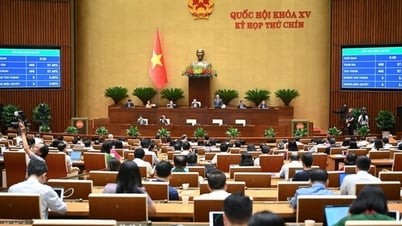







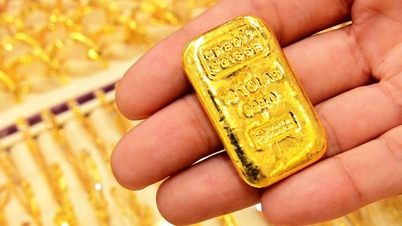

















Comment (0)